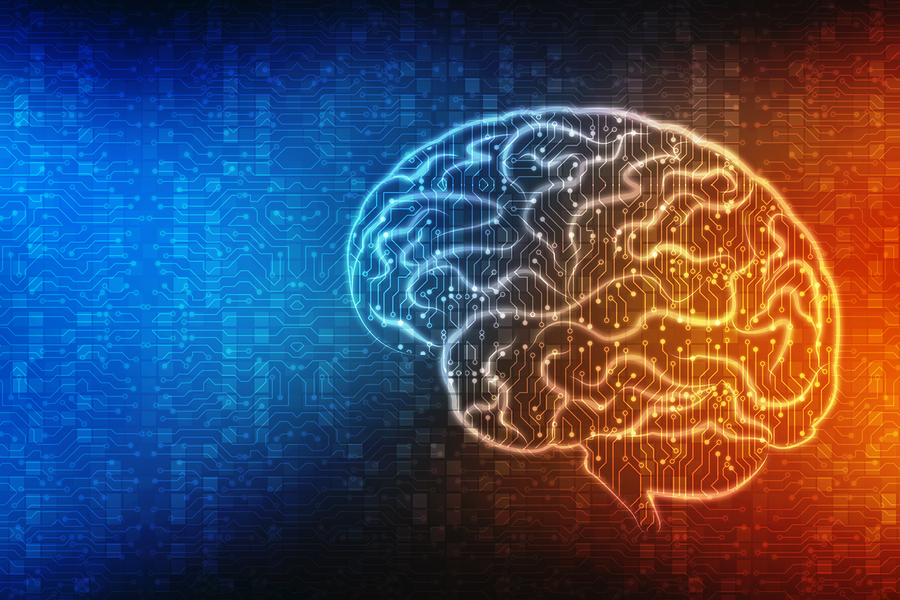FND – the disorder that mystifies the professionals
April is World FND awareness month, but until a few months ago I had never heard of FND. So what exactly is it? Well, therein lies the problem…
There is little known or even understood about Functional Neurological Disorder (FND), but what is known is that FND is a problem with the functioning of the nervous system and how the brain and body send and receive signals. This causes a range of neurological symptoms such as seizures, weakness, paralysis and chronic pain.
Patients can experience symptoms such as weakness, sensory symptoms, and blackouts. Put simply, the brain of a patient with FND functions incorrectly.
But all is not as bad as it seems as FND appears to finally be getting the attention it deserves and researchers around the world are trying to find answers which will lead to better treatment plans for patients.
What causes FND?
FND has multiple causes, not just one, and these causes may vary from patient to patient. Conditions or diseases such as physical injury, infectious illness, panic attack or migraine may trigger the first FND symptoms. However, while these problems may clear up, the FND symptoms become stuck in a pattern in the nervous system – resulting in a genuine, disabling condition.
And it is not entirely clear whether one person or another is more at risk of developing FND but it is generally believed that some of these factors may increase the risk:
- Adverse life events or significant stress or emotional trauma
- Physical trauma such as a virus, migraine, accident
- Having an illness or disease such as migraine
- Having a neurological disease or disorder, such as a depression, anxiety disorder or certain personality disorders
- FND impacts considerably more women than men; they account for between 60% and 75% of patients
- You do not have to be stressed, depressed or anxious to develop functional symptoms
- You do not have to have experienced an adverse childhood to develop functional symptoms
Symptoms of FND
The symptoms of FND can be varied and many patients diagnosed with FND may have a combination of these:
- Bowel and bladder changes
- Chronic pain
- Cognitive changes
- Gait and balance problems
- Headaches and migraines
- Involuntary movements
- Paralysis and weakness
- Functional seizures
- Sensory changes
- Sleep disturbances
- Speech problems
- Visual changes
FND regularly mis-diagnosed
Despite FND being quite common, it is the second most frequent reason for a neurology outpatient appointment and more prevalent than Multiple Sclerosis or Parkinson’s disease. But stigma means people wait years for diagnosis, leading to wasted, expensive medical visits, worsening symptoms and distress. Not many medical professionals have heard of it and so achieving the correct diagnosis can take longer than it should. FND has been mis-diagnosed as Parkinson’s disease, Multiple Sclerosis, Epilepsy, Motor Neurone disease or even simply concussion.
What is the treatment for FND?
FND treatment is most effective when it includes a combination of different therapies and treatments tailored to the individual symptoms such as:
Cognitive Behavioural Therapy or CBT helps those who suffer with Functional Seizures.
Physical/Physiotherapy specific to FND seems to help the most where the goal is to retrain the brain and not let atypical movement become the habitual way to move.
Alongside these, learning coping mechanisms such as grounding techniques and meditation can help symptoms by teaching the patient how to turn down over excited senses.
FND Hope UK
ITV presenter Lorraine Kelly (OBE), having seen her young neighbour go from being a fit and vibrant young person to becoming paralysed from the waist down and unable to speak after a bang to the head, decided to lend her voice to raising awareness of FND and is now patron of FND Hope UK. Lorraine’s neighbour, through physical therapy, is slowly learning to speak and gain control of her limbs with the support of FND Hope UK.
If you are experiencing any of the symptoms listed above then an appointment should be made with your GP in the first instance.
If you would like any further information on FND then you may find the following websites useful:
Neurosymptoms by Professor Jon Stone, Consultant Neurologist.
Disclaimer
All content on Silversurfers.com is provided for general information only, and should not be treated at all as a substitute for the medical advice of your own doctor or any other health care professional. Silversurfers will not be responsible or liable for any diagnosis made by a user based on the content on www.silversurfers.com and we are also not liable for the content of any external websites or links from or to Silversurfers to any other websites. Please always consult your own doctor if you’re in any way concerned about any aspect of your health.
Melina - Assistant Editor
Latest posts by Melina - Assistant Editor (see all)
- Top tips for hay fever sufferers - April 14, 2024
- Paysan Breton Cream Cheese Breakfast Wraps - April 12, 2024
- 4 Homemade Sweet Treats for Easter - March 24, 2024
- Playground Memories - March 10, 2024
- The invasion of the duvet: the ’10-second bed’ - February 20, 2024






















